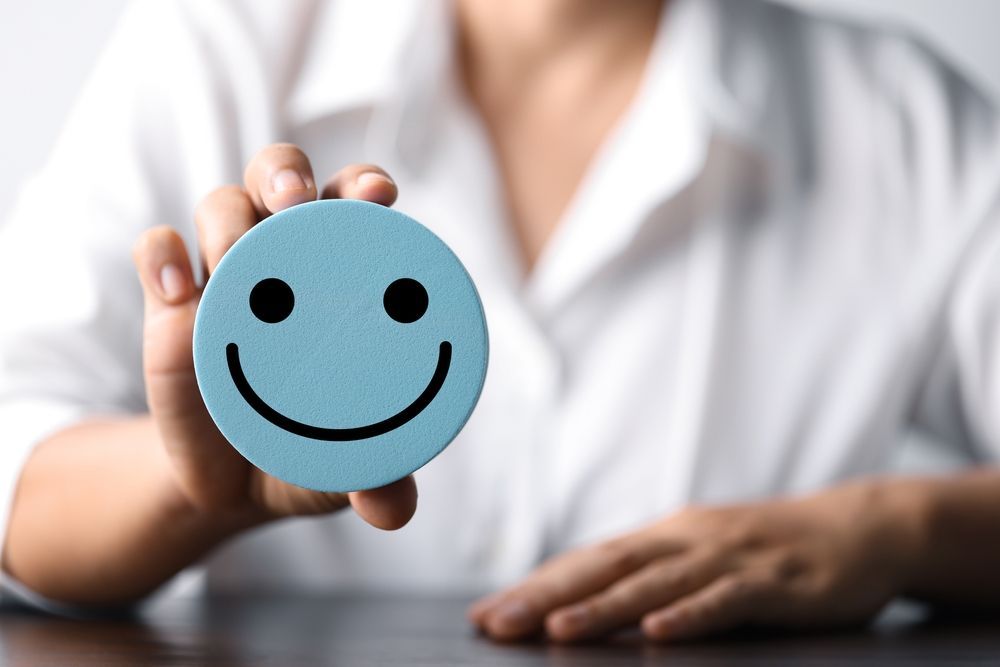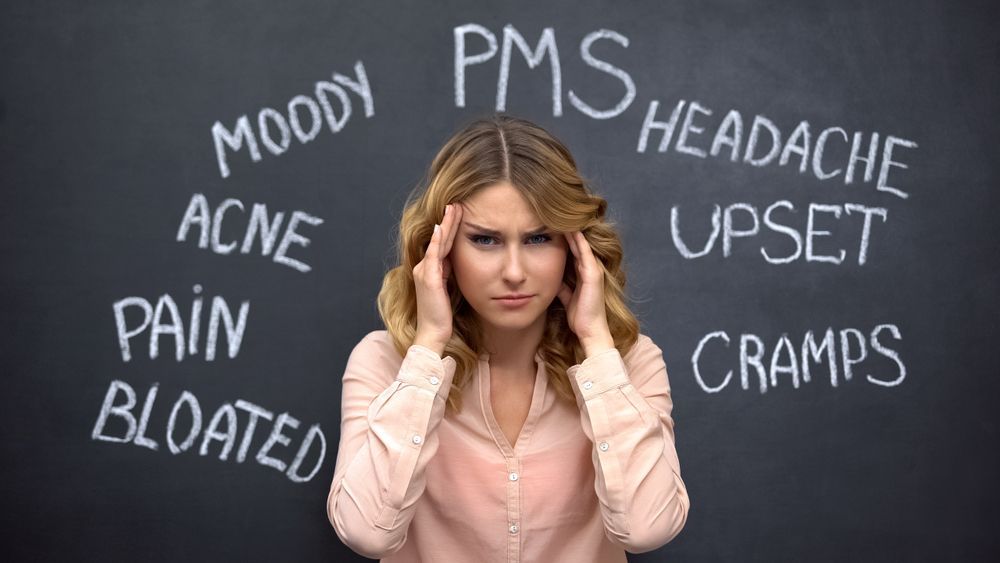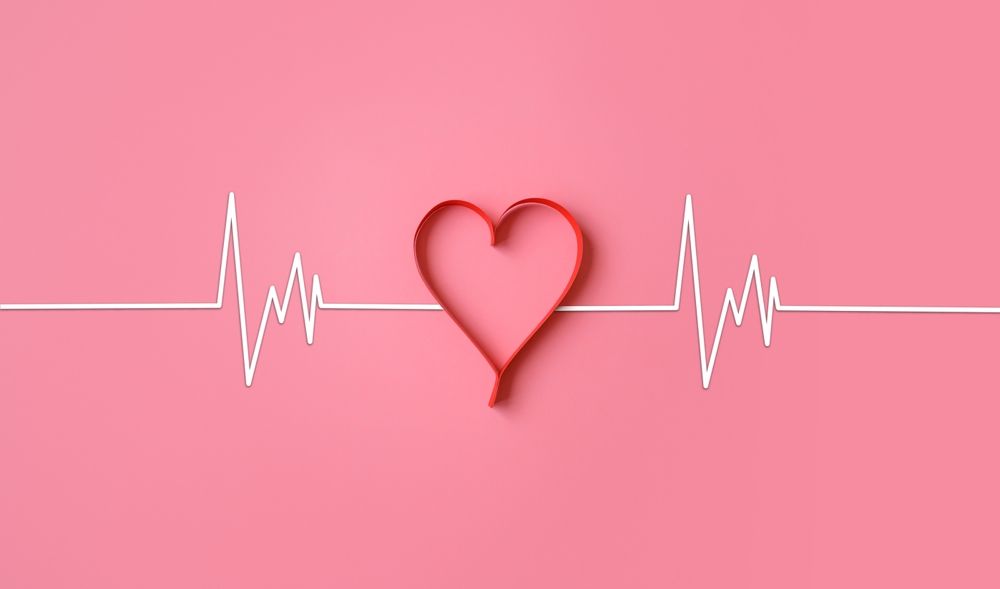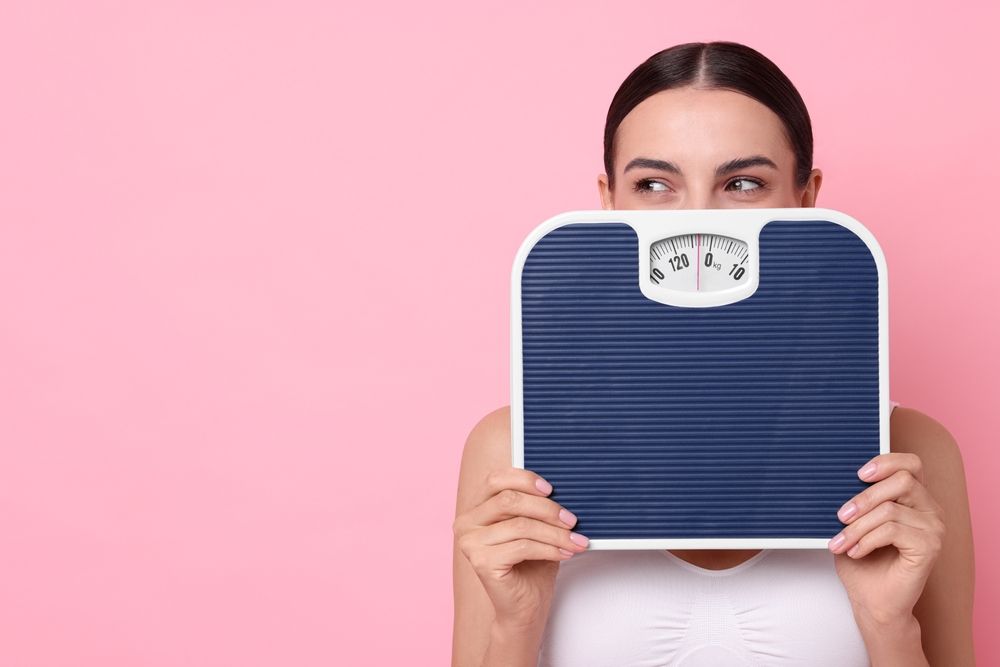Tackling Jet Lag with IV Therapy: A Comprehensive Guide
There's nothing quite as disappointing as arriving at your exciting new travel destination, and feeling completely exhausted and out of sync due to jet lag. Fortunately, there's a cutting-edge solution gaining popularity among frequent travelers - IV therapy. In this comprehensive guide, we'll explore what jet lag is and how it affects your body, as well as the benefits of IV therapy and how it can help combat jet lag. Keep reading to learn everything you need to know about using IV therapy to beat jet lag.

Understanding Jet Lag
Jet lag is a condition that happens when your body's internal clock is disrupted. Traveling quickly across time zones can affect your body's circadian rhythm, which is responsible for regulating your sleep-wake cycle and other important bodily functions. When your body is thrown off schedule, it can cause a range of symptoms that can be debilitating and distracting during your travels.
Jet lag is a common problem for travelers, especially those who frequently fly long distances for work or pleasure. It can be particularly challenging for individuals who have pre-existing sleep disorders or who are already dealing with stress and anxiety related to travel.
Causes of Jet Lag
The primary cause of jet lag is traveling quickly across one or more time zones, which can disrupt your body's natural rhythm. This is especially true when traveling eastward, as it's harder for your body to adjust to a shorter day. Other factors that can contribute to jet lag include dehydration, lack of sleep during travel, and exposure to high levels of light or dark at unexpected times.
Dehydration is a common problem for travelers, as the dry air in airplanes can quickly deplete your body's fluids. This can lead to headaches, fatigue, and other symptoms of jet lag. To combat this, it's important to drink plenty of water before, during, and after your flight, and to avoid alcohol and caffeine, which can further dehydrate your body.

Symptoms of Jet Lag
Symptoms of jet lag can vary depending on the individual, but common complaints include fatigue, difficulty sleeping, headaches, nausea, and lack of appetite. You might also experience changes in mood, such as irritability or sluggishness, and have trouble concentrating. It can take several days for your body to fully adjust to a new time zone, making jet lag a frustrating and challenging condition for many travelers.
One of the most common symptoms of jet lag is insomnia, or difficulty falling and staying asleep. This can be especially problematic if you're traveling for business and need to be alert and focused during meetings and presentations. To combat insomnia, it's important to establish a regular sleep routine before and during your trip, and to create a sleep-conducive environment by using earplugs, eye masks, and other sleep aids.
How Jet Lag Affects Your Body
Jet lag can affect many of your body's systems, including your sleep-wake cycle, hormone levels, and metabolism. It can also impact your circulatory system, causing headaches, dehydration, and dizziness. When traveling, it's important to remain mindful of how your body is feeling and take proactive steps to mitigate the effects of jet lag.
One way to combat the effects of jet lag is to expose yourself to natural light as much as possible. This can help reset your body's circadian rhythm and promote healthy sleep patterns. You can also try taking melatonin supplements, which can help regulate your sleep-wake cycle and reduce the symptoms of jet lag.
Ultimately, the best way to prevent jet lag is to be proactive about your health and well-being before, during, and after your trip. By staying hydrated, getting plenty of rest, and taking steps to minimize stress and anxiety, you can reduce the impact of jet lag and enjoy your travels to the fullest.
Introduction to IV Therapy
IV therapy, or intravenous therapy, is a medical treatment that delivers fluids, medications, and nutrients directly into your bloodstream through an IV. This method of delivery is becoming increasingly popular among frequent travelers because it can bypass the digestive system, which can be affected by travel sickness, dehydration, and changes in eating habits. IV therapy can provide instantaneous relief from a range of conditions, and offers a fast and effective way to restore your body's balance while traveling.
IV therapy has been used for decades to treat a variety of medical conditions, from dehydration and malnutrition to cancer and chronic pain. By delivering fluids, medications, and nutrients directly into the bloodstream, IV therapy can provide fast and effective relief from a range of symptoms and ailments.
What is IV Therapy?
IV therapy involves inserting a small needle into a vein in your arm, allowing fluids, medications, and nutrients to be delivered directly to your bloodstream. This method of delivery bypasses the digestive system, which can be affected by travel-related issues such as dehydration and nausea. IV therapy provides an efficient and effective way to restore your body's balance, delivering fast and long-lasting results.
During IV therapy, a healthcare professional will insert a needle into a vein in your arm, and then attach a bag of fluids, medications, or nutrients to the IV line. The fluids, medications, or nutrients will then flow through the IV line and into your bloodstream, where they can provide immediate relief from a variety of symptoms and conditions.
Benefits of IV Therapy
The benefits of IV therapy are numerous, and include improved hydration, enhanced immune function, and increased energy levels. IV therapy can also help to reduce the impact of jet lag symptoms such as headaches, nausea, and irritability. Because IV therapy delivers nutrients directly to your bloodstream, it provides a fast and efficient way to restore balance to your body after long flights and travel.
In addition to its benefits for travelers, IV therapy can also be used to treat a variety of medical conditions, including dehydration, malnutrition, chronic pain, and cancer. IV therapy can also be used to support recovery after surgery or other medical procedures, and can help to improve overall health and wellness.

Common Types of IV Therapy
Common types of IV therapy include rehydration and electrolyte replacement, vitamin and mineral infusions, and antioxidant and amino acid therapies. Rehydration and electrolyte replacement can help to replenish fluids lost during travel, while vitamin and mineral infusions can help to support immune function and promote overall wellness. Antioxidant and amino acid treatments can help to improve metabolism and energy levels, and promote recovery from the stresses of travel.
Other types of IV therapy include IV antibiotics, which are used to treat bacterial infections, and IV chemotherapy, which is used to treat cancer. IV therapy can also be used to administer pain medication, sedatives, and other medications that are difficult to absorb through the digestive system.
If you are considering IV therapy, it is important to talk to your healthcare provider to determine if it is right for you. IV therapy can be a safe and effective way to treat a variety of conditions, but it is not appropriate for everyone. Your healthcare provider can help you determine if IV therapy is the right choice for your individual needs.
How IV Therapy Combats Jet Lag
Jet lag can be a major inconvenience for travelers, disrupting sleep patterns, causing fatigue, and making it difficult to adjust to new time zones. Fortunately, IV therapy can help combat jet lag by providing your body with the essential nutrients and hydration it needs to function at its best.
Jet lag symptoms can often be exacerbated by dehydration, which can cause headaches, fatigue, and irritability. Long flights and travel can leave you feeling parched and in need of hydration. IV therapy can provide targeted rehydration and electrolyte balance, allowing your body to recover from the dehydration caused by long flights and travel. This can help reduce headaches and physical fatigue, making it easier to adjust to new time zones and enjoy your travels.
Rehydration and Electrolyte Balance
Rehydration and electrolyte balance are key factors in combating jet lag symptoms. IV therapy can provide targeted rehydration by delivering fluids and essential minerals directly into your bloodstream. This can help to combat the dehydration caused by long flights and travel, reducing headaches and physical fatigue. Additionally, electrolyte replacement can help to restore your body's natural balance and improve stamina, reducing the impact of jet lag symptoms such as sluggishness and irritability.
IV therapy can also help to regulate your body's fluid balance, which can be disrupted during travel. This can help to reduce bloating and swelling in the legs and feet, which can be a common side effect of long flights.
Boosting Energy Levels
Jet lag can cause significant fatigue and lack of energy, making it difficult to enjoy your travels. IV therapy can help to promote improved energy levels by delivering the necessary nutrients, vitamins, and minerals directly into your bloodstream. This can help to support cellular function and promote metabolism, reducing fatigue and improving overall stamina. </p><p>Additionally, IV therapy can help to regulate your body's sleep-wake cycle, which can be disrupted during travel. This can help you adjust to new time zones more quickly and reduce the impact of jet lag on your travels.
Strengthening the Immune System
Travel can take a toll on your immune system, leaving you susceptible to illness and infections. IV therapy can help to strengthen your immune function by delivering essential nutrients and antioxidants directly into your bloodstream. This can help to promote cellular repair, reduce inflammation, and enhance overall immune function. By supporting your immune system, you can better withstand the stresses of travel, reducing the impact of jet lag on your travels.
IV therapy can also help to reduce the risk of catching illnesses during travel by providing a boost to your immune system. This can be especially important when traveling to areas with a higher risk of illness or infection.
Conclusion
IV therapy can be a valuable tool for combating jet lag and improving your overall travel experience. By providing targeted rehydration, electrolyte balance, and essential nutrients, IV therapy can help to reduce the impact of jet lag symptoms on your travels. Additionally, by boosting your immune system and improving energy levels, IV therapy can help you enjoy your travels to the fullest.
Choosing the Right IV Therapy for Jet Lag
When choosing IV therapy for jet lag, it's important to consider your individual needs and symptoms. Customized jet lag IV therapy can provide targeted relief, tailoring the infusion to your specific needs and travel schedule. Vitamin and mineral infusions can promote overall wellness and immune function, while antioxidant and amino acid infusions can help to boost metabolism and energy levels. Speak with a healthcare professional to determine which type of IV therapy is right for you, and ensure that you receive proper medical guidance and support when receiving IV infusions.
Customized Jet Lag IV Therapy
Customized jet lag IV therapy can provide personalized relief, targeting your specific symptoms and needs. This type of infusion can include a range of vitamins, minerals, and electrolytes, tailored to your individual body composition and travel schedule. Customized IV therapy can provide fast and effective relief from jet lag symptoms, helping you to feel energized and refreshed during your travels.
Vitamin and Mineral Infusions
Vitamin and mineral infusions can help to support overall wellness and immune function, reducing the impact of jet lag on your travels. Infusions can include key vitamins and minerals, such as vitamin C, B vitamins, magnesium, and zinc, providing targeted support for your body's key systems. Infusions can also help to reduce inflammation and promote cellular repair, supporting overall wellness and vitality.
Antioxidant and Amino Acid Infusions
Antioxidant and amino acid infusions can help to boost metabolism and energy levels, reducing fatigue and promoting overall wellbeing. Antioxidants can help to combat the oxidative stress caused by travel, while amino acids can help to promote cellular repair and metabolic function. Infusions can include a range of antioxidants, such as glutathione, and amino acids such as L-carnitine, providing a powerful boost to your body's key systems.
Conclusion
Jet lag can be a challenging condition to cope with during your travels, but IV therapy offers an effective and efficient way to combat its effects. By delivering targeted hydration, nutrients, and minerals directly into your bloodstream, IV therapy can help to restore balance and vitality to your body while traveling. Choosing the right IV therapy for your individual needs can help you get the most out of your travels, enjoying your destination with renewed energy and vitality. Speak with a healthcare professional to learn more about IV therapy and how it can help you tackle jet lag.











